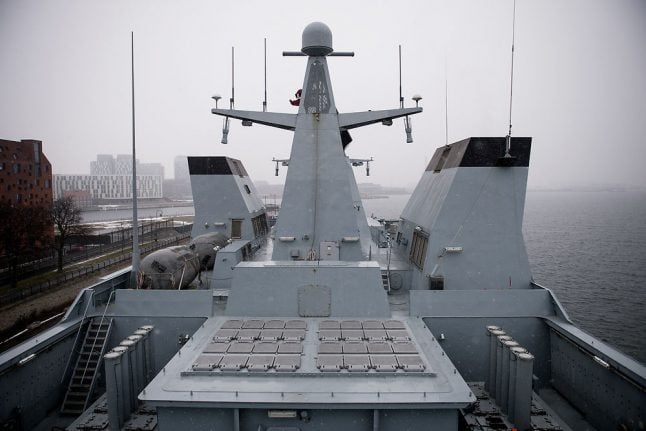The Arctic region is one of five key areas for Denmark in relation to defence, the minister said in an interview with Jyllands-Posten.
“With ice melting due to climate change, many new challenges are taking place and new threats are emerging in the north,” Bramsen said.
“The presence of the military in the Arctic will be strengthened in the coming years in reaction to these developments, to ensure stability and security,” she added.
Exact measurements must initially be discussed by parliament’s defence committee, but the minister said one option would be to use some of the 1.5 billion kroner added to the defence budget in January this year.
“It is crucial that the military is able to ensure security and safety across the Kingdom,” Bramsen said.
In addition to the Arctic, Denmark’s military has four other key areas, the minister said.
Those include better defence against cyber-attacks; doing more for Denmark’s veterans and ongoing recruitment; as well as contribution to the national focus on converting to green energy, given the large number of aircraft, ships, buildings and vehicles owned by the military.
READ ALSO: The Local speaks to Danish veterans prior to Invictus Games



 Please whitelist us to continue reading.
Please whitelist us to continue reading.
Member comments